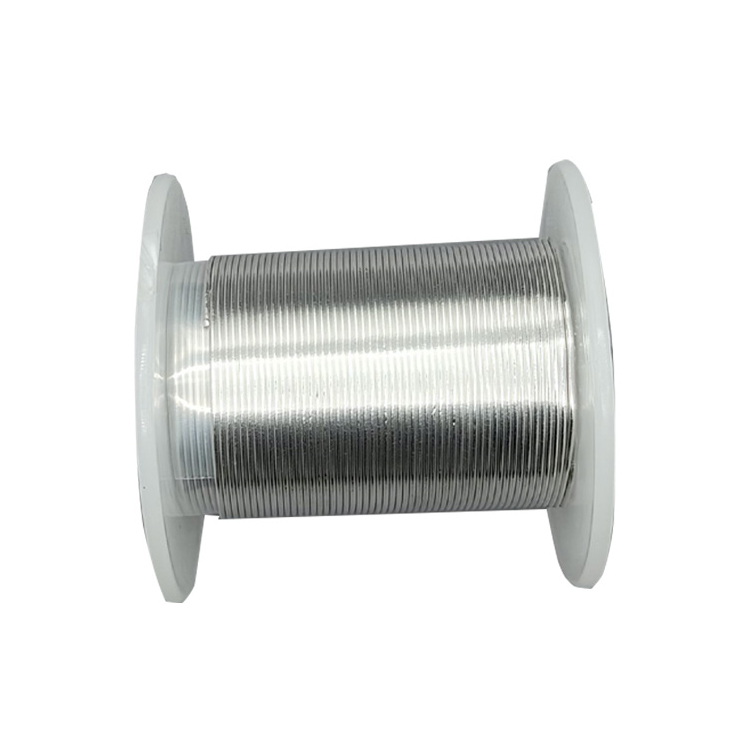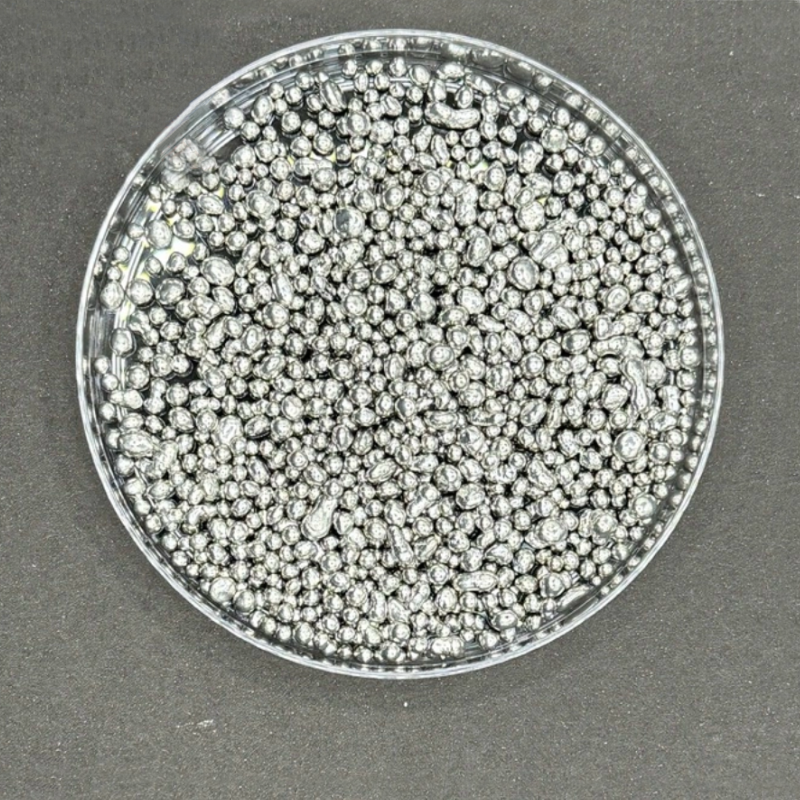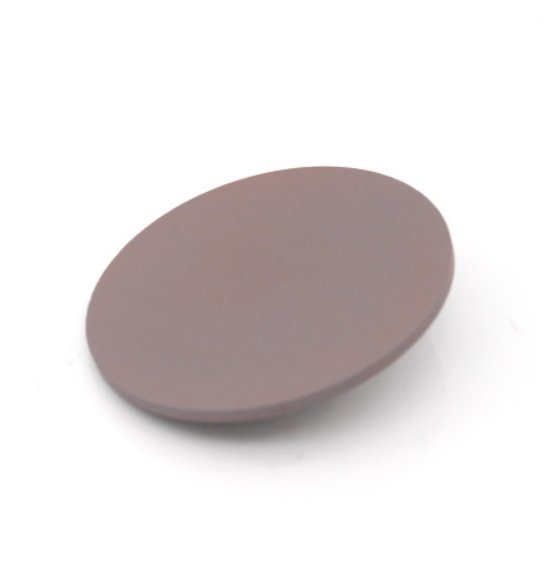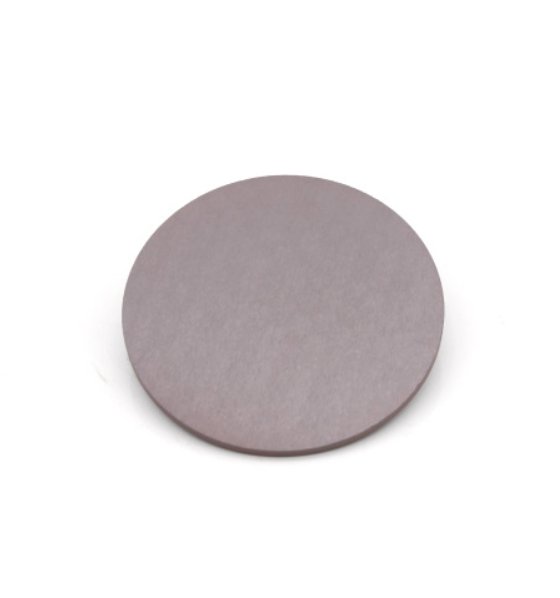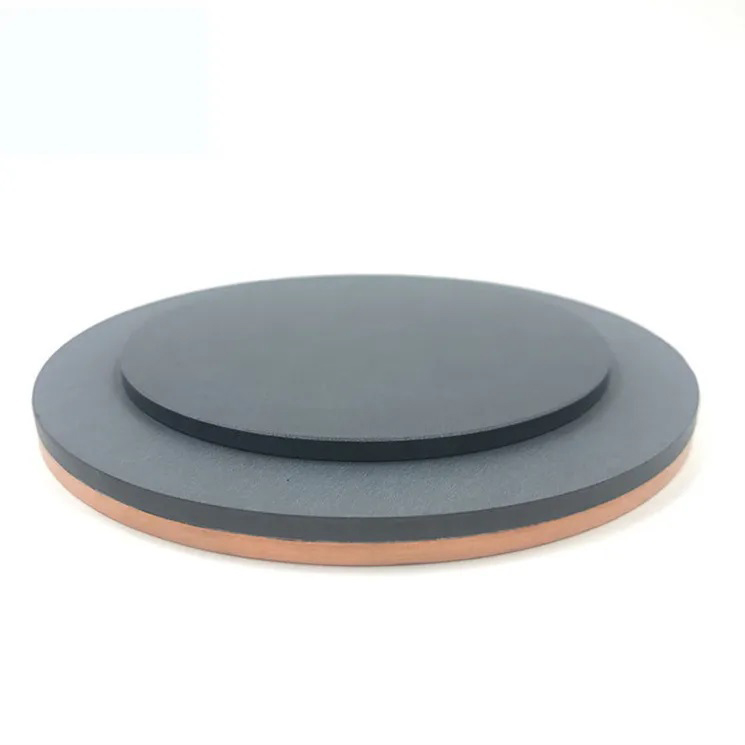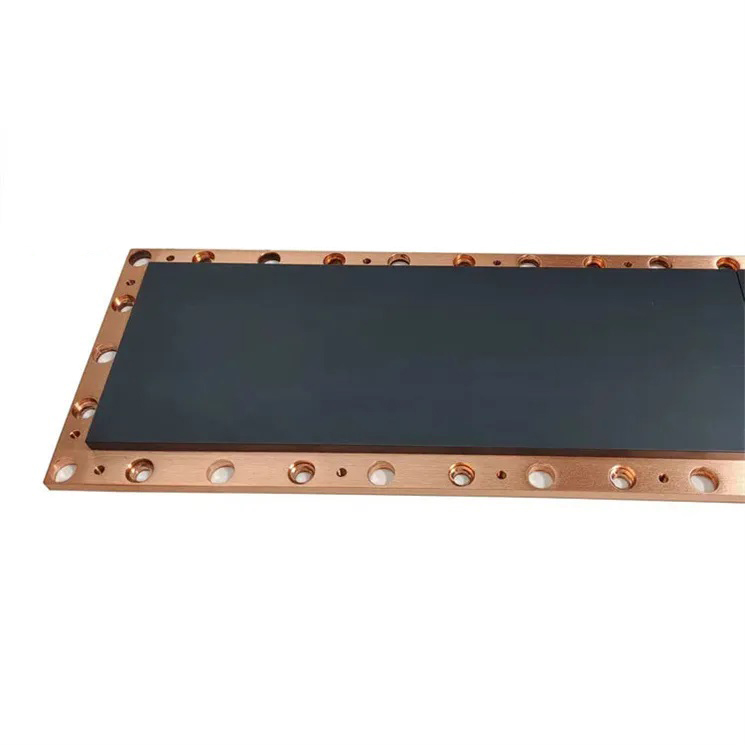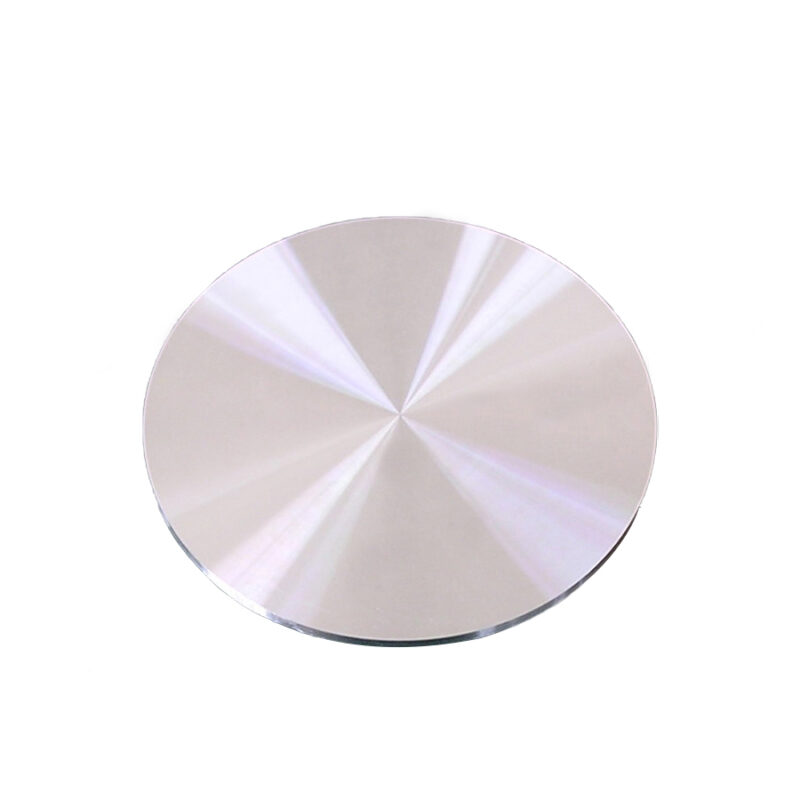In Indium Wires
- Excellent Electrical Conductivity: Indium wire is highly conductive, making it essential in electrical and electronic applications where efficient current flow is required.
- Low Melting Point: With a melting point of 156.6°C, indium wire is ideal for low-temperature applications, especially in the soldering and bonding processes.
- High Malleability and Ductility: Indium is soft and easily formable, which allows for precise shaping and manipulation in various applications.
- Corrosion Resistance: It is highly resistant to corrosion and oxidation, ensuring longevity and reliability even in harsh environments.
- Non-toxic and Biocompatible: Indium is considered non-toxic and biocompatible, making it safe for use in medical and electronic devices.
- Thermal Conductivity: While not as high as metals like copper, indium’s thermal conductivity is suitable for applications requiring moderate heat transfer.
- Customizability: Indium wire is available in different diameters, purities, and finishes, providing flexibility to meet specific needs.
Custom products or bulk orders, please contact us for competitive pricing!
- Satisfaction Guaranteed
- No Hassle Refunds
- Secure Payments
Description
Indium wire is a versatile material known for its excellent electrical conductivity, malleability, and low melting point. These properties make it particularly useful in a wide range of applications, including electronics, semiconductor manufacturing, and soldering. Indium wire offers reliable performance, making it an ideal choice for specialized and high-precision industries.
Properties of Indium Wire
- Excellent Electrical Conductivity: Indium wire is highly conductive, making it essential in electrical and electronic applications where efficient current flow is required.
- Low Melting Point: With a melting point of 156.6°C, indium wire is ideal for low-temperature applications, especially in the soldering and bonding processes.
- High Malleability and Ductility: Indium is soft and easily formable, which allows for precise shaping and manipulation in various applications.
- Corrosion Resistance: It is highly resistant to corrosion and oxidation, ensuring longevity and reliability even in harsh environments.
- Non-toxic and Biocompatible: Indium is considered non-toxic and biocompatible, making it safe for use in medical and electronic devices.
- Thermal Conductivity: While not as high as metals like copper, indium’s thermal conductivity is suitable for applications requiring moderate heat transfer.
- Customizability: Indium wire is available in different diameters, purities, and finishes, providing flexibility to meet specific needs.
Advantages of Indium Wire
- Low Melting Point: Facilitates easy bonding and soldering in electronic and semiconductor applications.
- High Malleability: Easily shaped and manipulated for precise use in a variety of applications.
- Corrosion and Oxidation Resistance: Ensures longevity and prevents degradation in challenging environments.
- Biocompatibility: Safe for medical and electronic device applications.
- Customization: Available in various sizes, purity levels, and surface finishes to meet customer requirements.
- Non-toxic: A safer alternative compared to other materials in various applications.
Applications of Indium Wire
- Soldering and Bonding: Indium wire is widely used in soldering due to its low melting point, forming strong and reliable bonds in electronic components.
- Semiconductor Industry: Indium wire is employed in the semiconductor industry for bonding chips and as a part of microelectronic packaging.
- Solar Panels: Used in the manufacture of thin-film solar panels, where it helps with the efficient connection of solar cells.
- Medical Devices: Indium wire’s biocompatibility makes it suitable for medical applications, including use in thermometers, hearing aids, and dental materials.
- High-Performance Alloys: Indium is often alloyed with other metals, like tin, to improve their properties, particularly in high-performance applications.
- Thermal Interface Materials: Used in thermal interface materials for heat management in electronics and high-performance devices.
- Vacuum Coatings and Thin Films: Indium wire is used in vacuum coating applications and the deposition of thin films due to its ability to form uniform layers.
- Photonics: Used in photonics and optoelectronics for its ability to bond materials and conduct heat in optical systems.
Customization Options
- Diameters: Available in a wide range of diameters, from thin wire to thicker gauge options.
- Purity Levels: Indium wire is available in varying purity grades, including high-purity options for specialized applications.
- Surface Treatments: Can be supplied with different surface finishes, such as polished or oxidized, to meet specific requirements.
Tinsan Materials provides high-quality indium wire with exceptional performance for a variety of applications. With our advanced manufacturing capabilities and quality control systems, we ensure that each wire meets the precise specifications for optimal functionality.
If you have specific requirements, such as sizes, purity, or application details, please contact us to match your needs.

